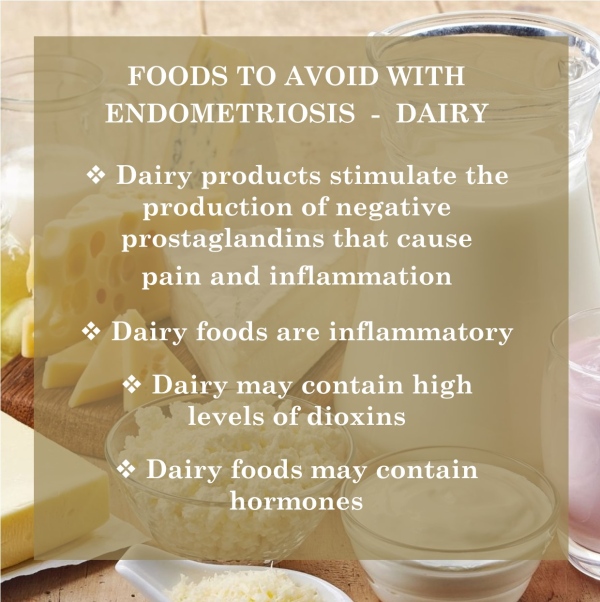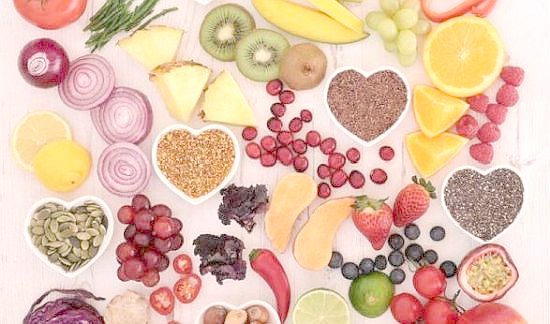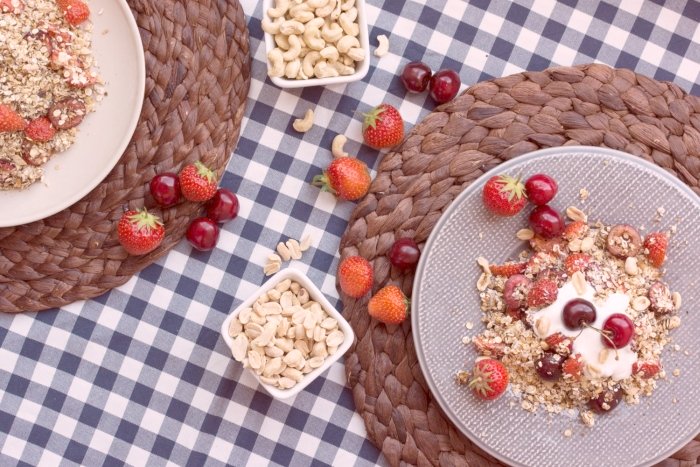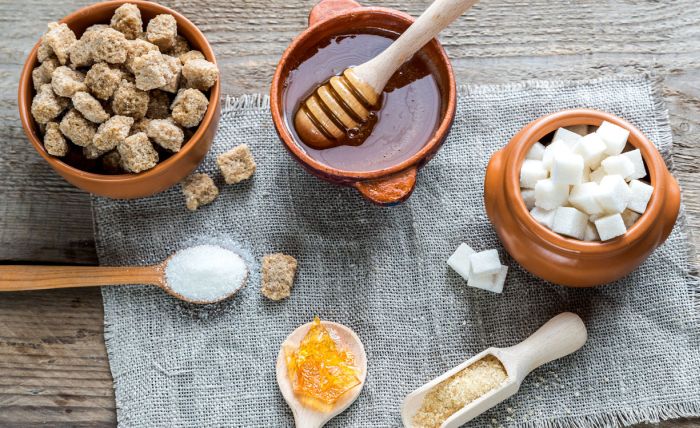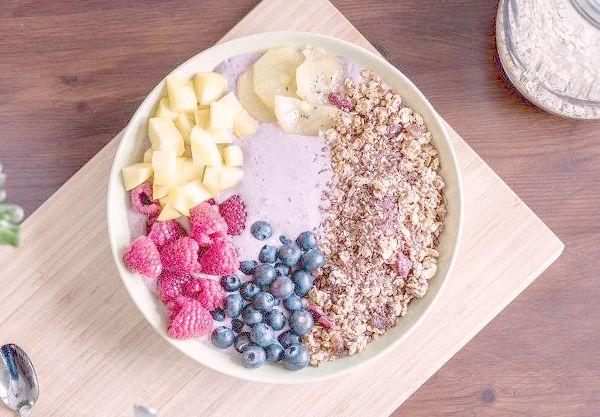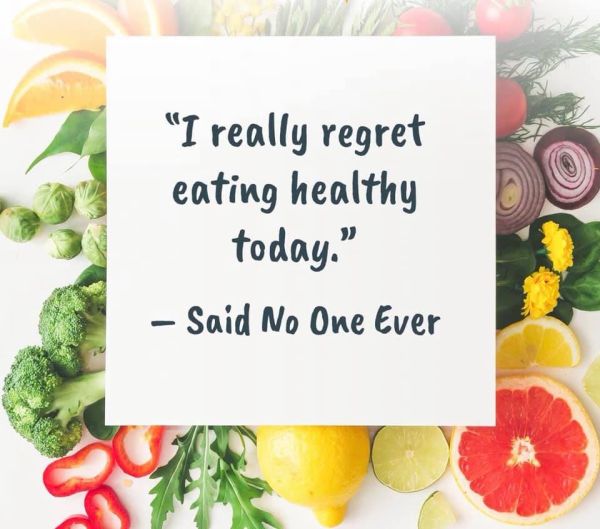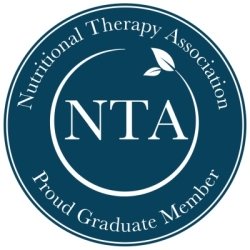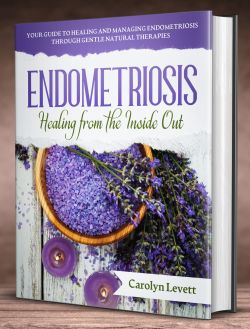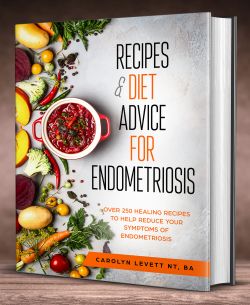Endometriosis diet and calcium intake
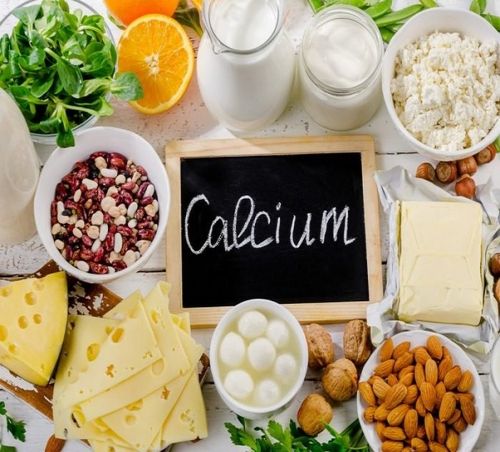
If you are concerned that your intake of calcium will be insufficient on the endometriosis diet by cutting out dairy products, there are many foods that contain plenty of calcium which will provide for your dietary needs.
The daily recommended intake of calcium (depending on age) is between 500mg and 1000mg. Obtaining your daily recommended calcium from foods, other than dairy, is not difficult. Eating one cup of baked beans, four tablespoons of tahini and five figs will give you over 500mg of calcium.
Alternative sources of calcium include:
- Dark green vegetables (i.e. spinach, broccoli, cabbage, bok choy, greens, beets, kale, mustard greens, artichokes, turnip green and broccoli are high in calcium)
- Sesame seeds – high calcium content
- Almonds
- Figs
- Seaweed
- Tahini
Health Tip from Dr Marilyn Glenville regarding dairy and red meat with endometriosis
Eliminating these foods will improve endometriosis symptoms
‘Dairy and red meat contain ‘arachidonic acid’, which encourages the production of hormone-like substances called prostaglandins. The particular prostaglandin produced is highly inflammatory, and can cause swelling, pain and in some cases, thicken the blood itself. It can also trigger muscle contraction and constriction of the blood vessels, which can increase period pains, endometriosis-related cramps and the spread of endometrial tissue. The high saturated fat content of both dairy and red meat is also a factor in producing more oestrogen.’
‘You may be concerned that a diet low in dairy produce will be deficient in calcium, but don’t worry; there are many other equally good, and indeed better, sources of calcium in foods such as broccoli, green leafy vegetables, seafood, almonds, asparagus, oats and sesame seeds, to name just a few. Most decent vitamin and mineral supplements contain good levels of calcium and other important nutrients for your bones.’
Non-dairy sources of calcium:
- 1 oz. of almonds provides 80 mg of calcium. You can make almond milk from almonds to add to cereal or use in baking. You can add other flavorings if desired like fruit for an added sweetness. Almond milk will keep in the fridge for several days.
- Among the veggies, turnip greens have the highest calcium source with 200 mg per cup. Bok choy has 160 mg and dandelion greens 140 mg per cup.
- Half a cup of cabbage provides the body with 190 mg of calcium. A cup of broccoli contains about 180 mg of calcium.
- Some fruits offering good calcium levels are figs, papaya and raisins. Oranges have the highest calcium content of any fruit with 52 mg of calcium in every half-cup.
- Fish such as sardines, salmon, oysters, trout, prawns, and tuna are all high in calcium. There is a calcium content of around 325 mg in 3 oz of sardines.
- Many different breads and grain all contain calcium as well as nuts, seeds and legumes
- Sesame seeds in particular are very high in calcium and are easy to add to your diet. They can be sprinkled over salads, added to casseroles, and cereals.
- Tahini, which is a paste made from sesame seeds is very high in calcium with 2 tablespoons providing 130 mg of calcium.

About the Author
My name is Carolyn Levett, the Founder of endo-resolved - I am an Integrative Health Coach having studied nutrition, naturopathy, aromatherapy as well as being a published author. I used to suffer from severe endometriosis and was able to regained my health and heal from the disease with the support of nutrition and natural therapies.
My motivation is to help other women with endometriosis to heal their bodies so they may overcome this awful disease without having to rely on toxic drugs and surgeries which can cause further damage - with healing thoughts, Carolyn.
 As featured in:
As featured in: